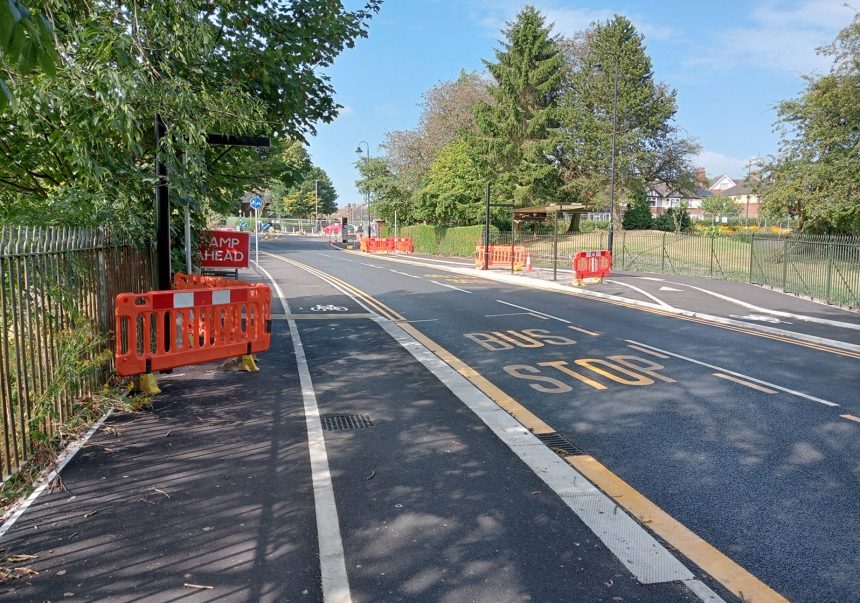The curse of roadworks is known to anyone who uses the highway network. Equally, their impact on the timely and efficient operation of coach and bus services is nothing new to those in the industry.
A need for such works, and the longer-term improvements that they sometimes deliver, is easily understood. Not so is the poor organisation and adherence to planned timetables that can afflict these projects.
The previous government promised in 2023 that it would tackle unnecessary disruption caused by roadworks. Little of substance has been forthcoming. A consultation with some woolly proposals closed six months ago. No government response has been forthcoming. Indeed, it is not clear if one ever will be, given the general election in the meantime.
A bus operator in the Midlands says that in expectation of a long-term closure, it added resource to affected services and submitted revised registrations to the Traffic Commissioner. The road did not close as planned and instead did so two months later.
Naturally, that business is unhappy. The closure is part of a wider scheme that has led to patronage on its affected services fall by 15%, costing £3,500 per week in lost revenue. Perhaps most critically, that is a reverse of the ridership growth seen over the past two years. Post-works, it will take time to return usage to an even keel.
The operator will undoubtedly see no compensation for these impacts. It is beyond argument that a stronger central line must be taken with highly disruptive roadworks schemes, necessary as they often are.
Horror stories of a relatively short segregated cycle lane, or a widened pavement, taking months to install, and major motorway projects that last for years, are not good enough.
Operators in, and which visit, London and other major cities will be painfully aware of the scale of delay, lost revenue and additional cost invoked by even minor roadworks. Such schemes often reduce coach or bus journey times over the affected stretch and its approaches to a state where they are slower than walking.
What is most in need of scrutiny is the organisation, frequency and coordination of roadworks. Earlier this year one bus industry manager noted that a route in Watford had been constantly afflicted by multiple schemes for over a year.
Penalties for utilities companies and contractors for overrun should be punitive, while close attention should be paid to how improvement schemes take as long as they often do.
The adage of needing to break a few eggs to make an omelette is correct, and the requirement for roadworks is accepted. But the often disorganised and disinterested approach to minimising the impact of such schemes is well overdue for change.




























